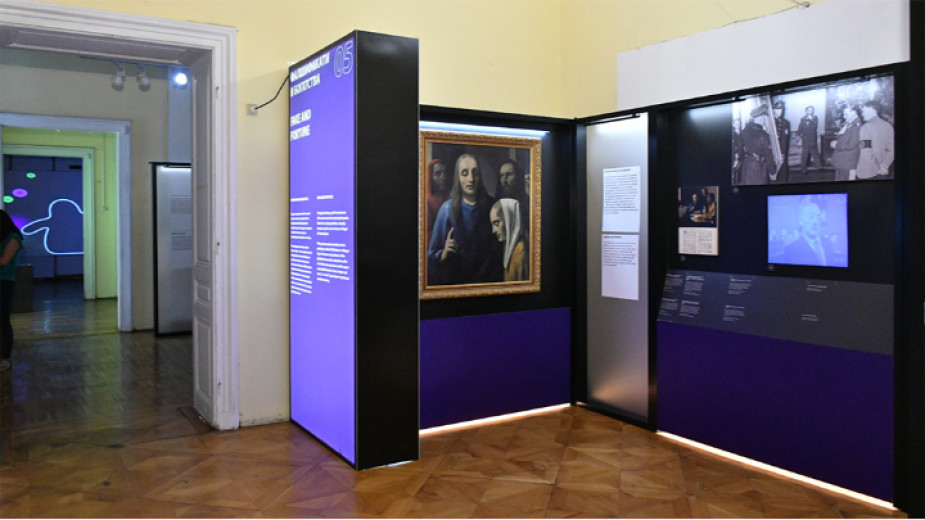 10
10
There are rumours and speculations that some forgeries, so good that they are not inferior to the originals, could be found among the exhibits in the museums, but at the moment a whole series of forgeries can be seen at an exhibition in the National Ethnographic Museum in Sofia. The House of European History in Brussels is the initiator of the exhibition "Fake (f)or Real. A History of Forgery and Falsifications", and after its stay in Sofia /until October 20/ it will be shown to the Hungarian audience.
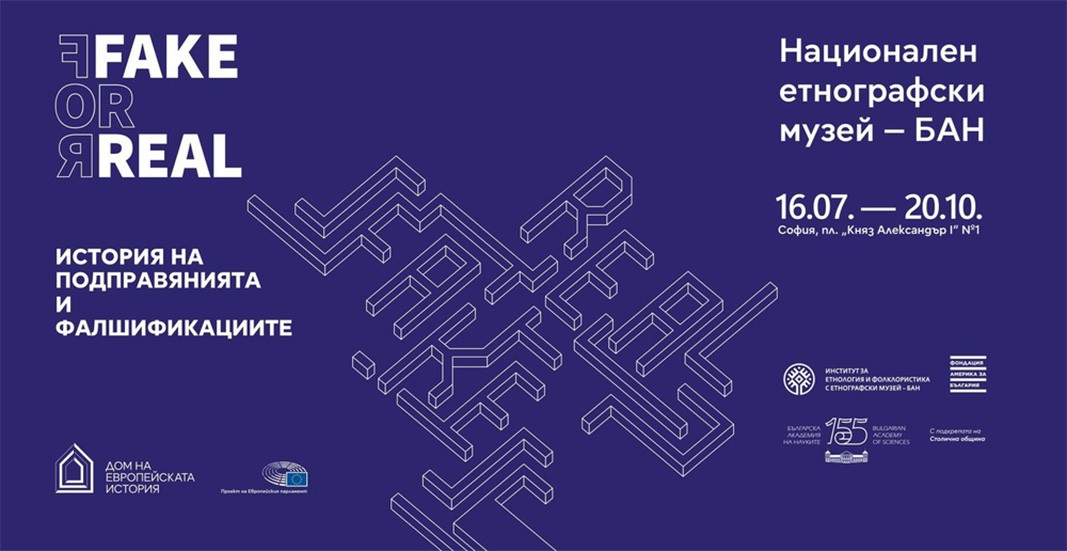
Seeing the exhibits, we find out that examples of fake news and disinformation are not something new. A printed article explaining that an autism vaccine has been found can be seen here. There is also a series of fictional facts related to the personality of princess Diana.

Everything in the exhibition is presented interactively, films show stories and examples of international propaganda. The visitor becomes part of the "Fake or Real" game, taking part in experiments and tests that help them distinguish originals from fakes. There are also examples of fake branded goods that every modern European citizen has come across.
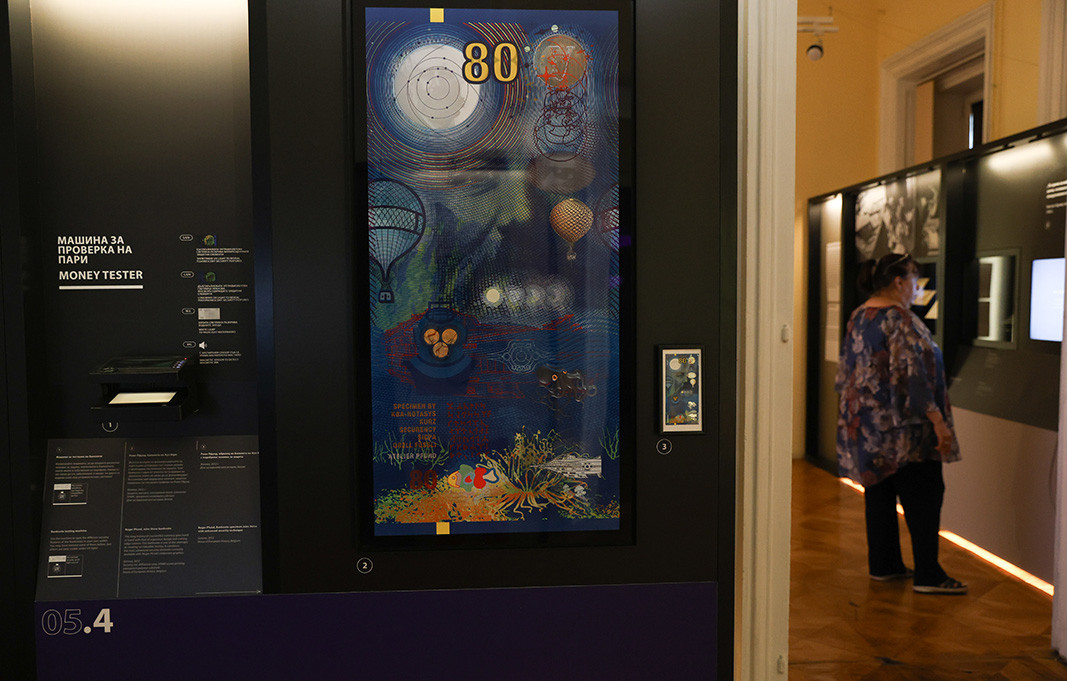
Access to false information or low-quality goods can cause short-term damage to someone, but the falsification of cultural and historical heritage objects causes great damage to the country which they originate from. And this is not a national, regional or European issue, but a global problem.

The forgery of objects of historical and cultural value is not something new in Bulgaria, but with the advancement of technology the number of forgeries increases and traders are becoming even more daring.
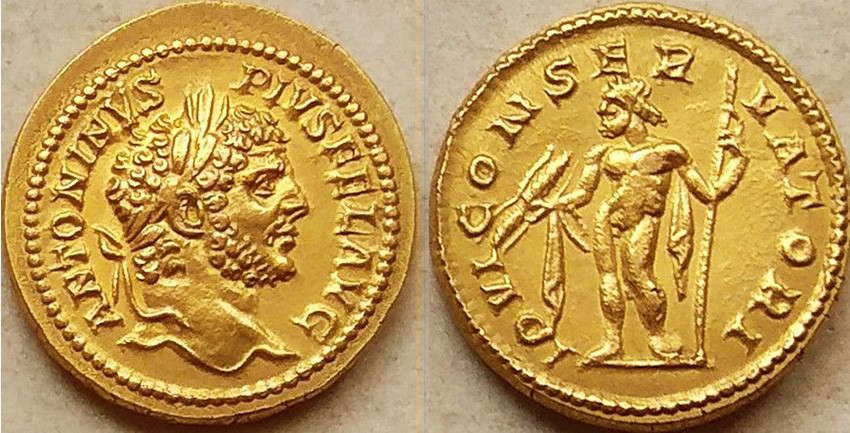
"History cannot be built on forgeries, the influence of counterfeit ancient coins and other objects ‘contaminate’ science", says Prof. Ilya Prokopov, a leading expert in the field of counterfeit ancient and medieval values. He was among the participants in a specialized discussion on the topic at the Ethnographic Museum in Sofia:
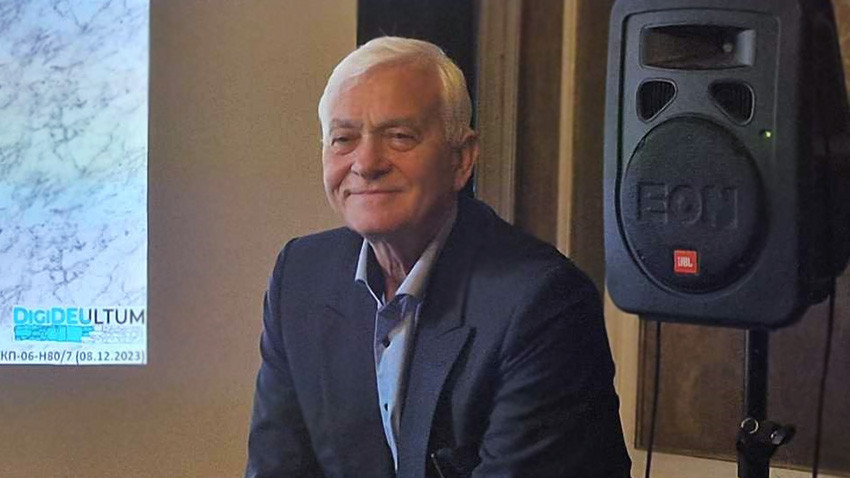
"Of course, we are infamous for producing huge amounts of forgeries and polluting the world wide web, science and everything related to ancient heritage. But what's worse is that we export real valuable artefacts that we can never get back."
People do not know how big the losses are due to the lack of measures to stop the smuggling channels for the export of antiquities found in the country, the scientist says.
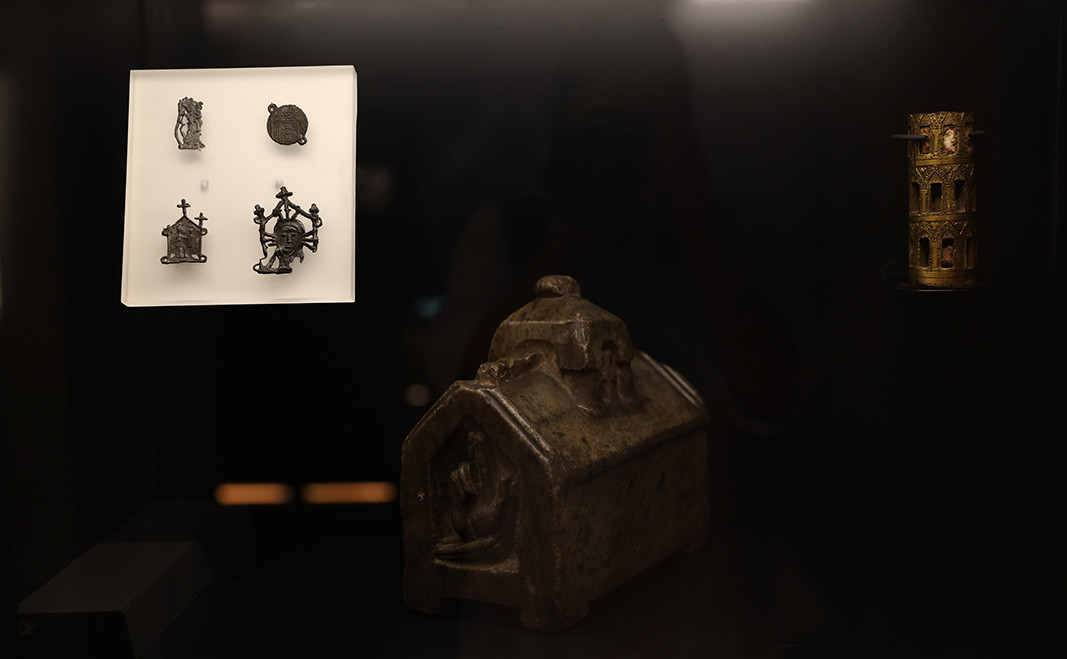
Prof. Ilya Prokopov points out that scientists who work in the field of identification and protection of the material cultural heritage of our lands are few. In addition, no state agency or institution is behind them, as they work entirely on a project and voluntary basis. It is up to us to open the topic for discussion and I call on more people to get involved, because it is not only about monetary losses, about moral and ethical topics, but also about saving the material memory we have," Prof. Prokopov says:
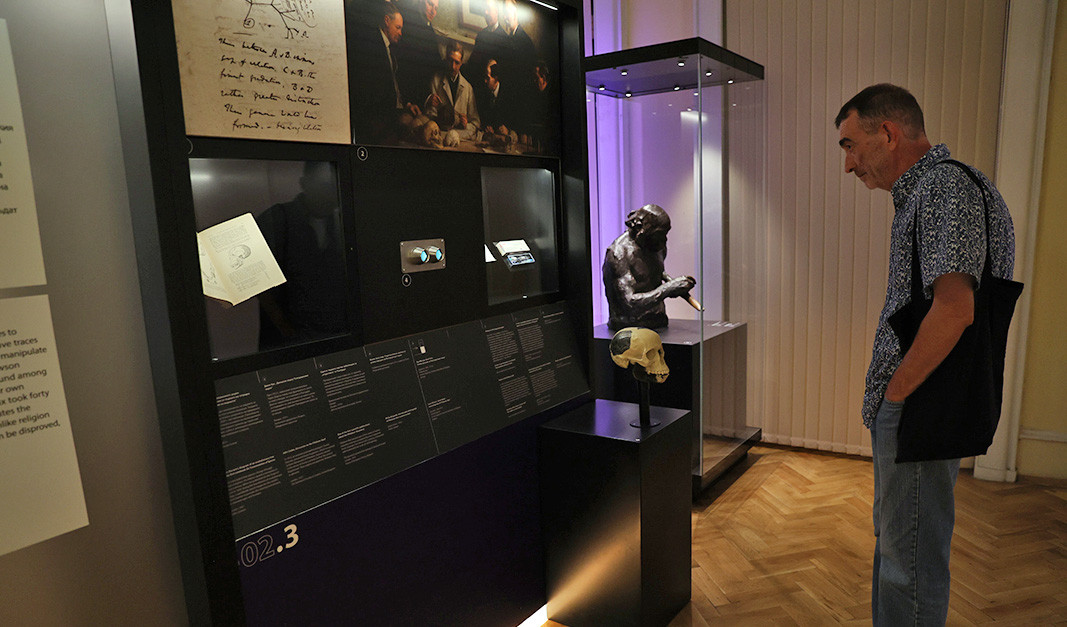
"A forgery can never be as beautiful as the original. The most important thing is that we cannot repeat the technology used, no matter how hard we try - the weather is different, the air is different, everything is different. But in order to have a regulation about what is fake and what is original, a big force must intervene, and that is the state or some very powerful foundation", the scientist pointed out during the specialized discussion in Sofia.
Publication in English: Al. Markov
Photos: BTA, National Ethnographic Museum - nembg.com
On November 22 and 23, the Bulgarian Orthodox Church will solemnly celebrate the 100th anniversary of the consecration of the Patriarchal Cathedral "St. Alexander Nevsky" . For a century the cathedral has been "a witness to all the hopes and..
The Feast of the Epiphany - the entry of the Theotokos into the Temple - is one of the oldest and most revered feasts in the Orthodox world. It was introduced in Constantinople around the 8th century during the time of Patriarch Tarasius. It was six..
The Museum of the Jewish People in Tel Aviv , Israel, today commemorates the 130th anniversary of the birth of Dimitar Peshev, a righteous man of the nations of the world, deputy chairman of the 25th National Assembly of Bulgaria, the Bulgarian..

+359 2 9336 661
